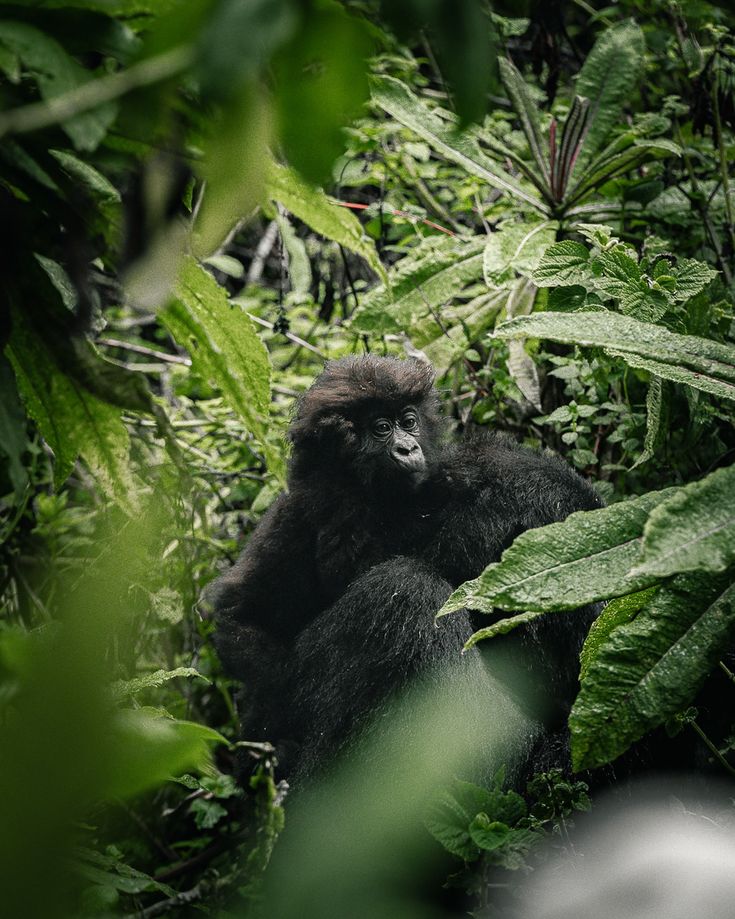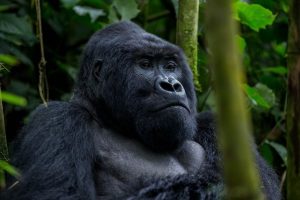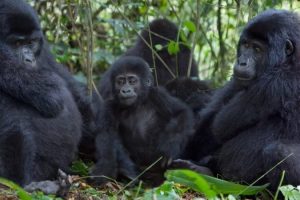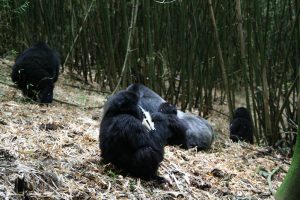Is Rwanda Good for Safari?
Is Rwanda Good for Safari? Rwanda is not just good for safaris—it’s one of the most unique and rewarding safari destinations in Africa. Known as the “Land of a Thousand Hills,” Rwanda offers a blend of breathtaking landscapes, unparalleled wildlife experiences, and world-class conservation efforts. While it is most famous for its gorilla trekking in the Volcanoes National Park, the country is increasingly recognized for its diverse safari offerings.
Here’s a detailed exploration of why Rwanda is an excellent safari destination:
1. Unique Safari Experiences
Mountain Gorilla Trekking
- Rwanda is one of only three countries in the world where you can trek to see mountain gorillas in their natural habitat.
- The Volcanoes National Park is home to approximately 12 habituated gorilla families, making it one of the best places for this once-in-a-lifetime experience.
- The trekking experience is well-organized, offering intimate and sustainable wildlife encounters.
Big Five Safaris in Akagera National Park
- Akagera National Park is Rwanda’s only savannah reserve and is home to the Big Five: lions, leopards, elephants, rhinos, and buffalo.
- The park also boasts a variety of antelope species, giraffes, zebras, and hippos.
- Game drives and boat safaris on Lake Ihema provide multiple ways to explore its ecosystems.
Chimpanzee and Primate Tracking
- Nyungwe Forest National Park offers incredible opportunities for tracking chimpanzees and observing other primates like colobus monkeys and golden monkeys.
- Nyungwe also features a canopy walkway, offering stunning views and birdwatching.
2. Diverse Landscapes
Rwanda’s landscapes are as diverse as its wildlife, creating stunning backdrops for safari experiences:
- Savannah Plains: Akagera National Park is a traditional savannah reserve with grasslands, woodlands, and wetlands.
- Montane Rainforests: Nyungwe Forest National Park offers lush, dense forests ideal for primates and bird species.
- Volcanic Landscapes: Volcanoes National Park, part of the Virunga Massif, features rugged mountain terrain, active volcanoes, and bamboo forests.
- Lakes and Wetlands: Lake Kivu and Akagera’s wetlands add aquatic beauty to Rwanda’s landscapes.
3. Ease of Accessibility
Compact Size
- Rwanda is a small country, making it easy to travel between key destinations within a few hours.
- For instance, you can drive from Kigali to Volcanoes National Park in about 2.5 hours, or to Akagera National Park in about 2 hours.
Modern Infrastructure
- Rwanda boasts excellent roads and reliable domestic flights for quick access to remote areas.
Kigali International Airport
- The main entry point for most travelers, Kigali International Airport is modern and efficient, with good connections to major global hubs.
4. Commitment to Conservation and Sustainability
Rwanda is a global leader in conservation and sustainable tourism:
- Gorilla Conservation: Proceeds from gorilla trekking permits ($1,500 per person) directly support wildlife protection and local communities.
- Anti-Poaching Initiatives: Strict anti-poaching laws have allowed wildlife populations to recover, particularly in Akagera National Park.
- Community Involvement: Rwanda actively involves local communities in tourism, ensuring they benefit from conservation efforts.
5. Luxury and Comfort
Rwanda has positioned itself as a high-end safari destination, offering world-class accommodations and personalized service.
- Luxury Lodges: Properties like Bisate Lodge, One&Only Gorilla’s Nest, and Magashi Camp provide unparalleled comfort and exclusivity.
- Eco-Friendly Options: Many lodges emphasize sustainability, offering luxury experiences while minimizing environmental impact.
6. Safety and Political Stability
Rwanda is one of Africa’s safest countries for tourists.
- Low Crime Rates: The country has strict laws and a high standard of public safety.
- Political Stability: Rwanda has experienced consistent peace and stability under visionary leadership.
- Cleanliness and Organization: Rwanda is known for its cleanliness and well-organized cities, with Kigali often cited as one of Africa’s cleanest capitals.
7. Cultural Enrichment
Rwanda offers opportunities to combine safari experiences with cultural exploration:
- Genocide Memorial: A visit to the Kigali Genocide Memorial provides insight into Rwanda’s history and resilience.
- Local Villages: Experiences like the Iby’Iwacu Cultural Village allow travelers to engage with Rwanda’s rich cultural traditions.
- Tea and Coffee Tours: Rwanda’s rolling hills produce some of the best tea and coffee in the world, and tours of plantations are a popular activity.
Potential Limitations
While Rwanda offers excellent safari experiences, there are a few considerations:
- Cost: Rwanda’s tourism model focuses on high-value, low-impact tourism, making it more expensive than some neighboring countries like Uganda or Tanzania.
- Limited Savannah Areas: While Akagera National Park is impressive, it does not rival the vast savannahs of Tanzania’s Serengeti or Kenya’s Maasai Mara.
- Smaller Gorilla Population: While Rwanda provides a premier gorilla trekking experience, Uganda offers slightly more gorilla families at a lower permit cost.
Best Times to Visit Rwanda for Safari
- Dry Season (June–September, December–February): Best for gorilla trekking and game drives, as trails are dry and wildlife is more concentrated.
- Wet Season (March–May, October–November): Ideal for birdwatching and lush, green landscapes, though trekking trails may be muddy.
Conclusion
Rwanda is an outstanding safari destination, particularly for those seeking unique experiences like gorilla trekking and chimpanzee tracking. Its compact size, scenic beauty, and well-organized tourism infrastructure make it easy to explore, while its commitment to conservation and high-quality lodges add a sense of purpose and luxury to your trip. Whether you’re tracking mountain gorillas in the misty forests of Volcanoes National Park or spotting the Big Five in Akagera, Rwanda delivers unforgettable adventures with a strong focus on sustainability.




